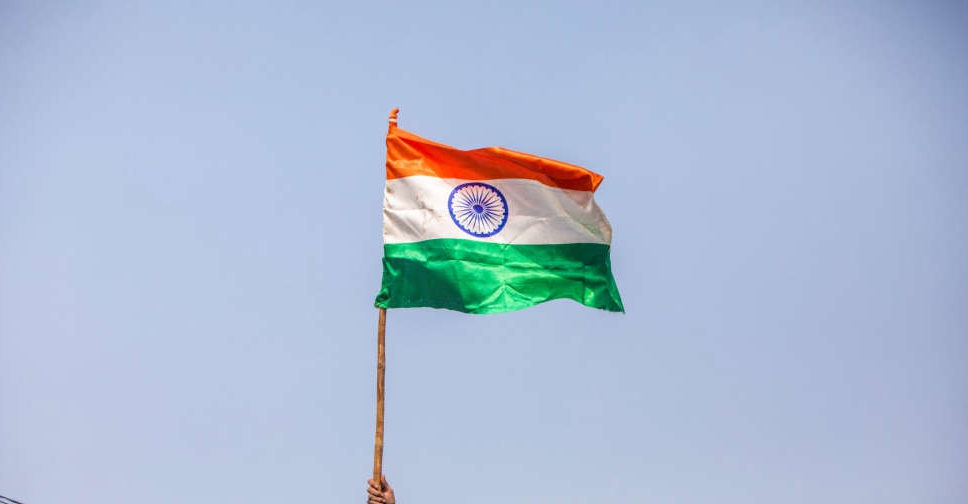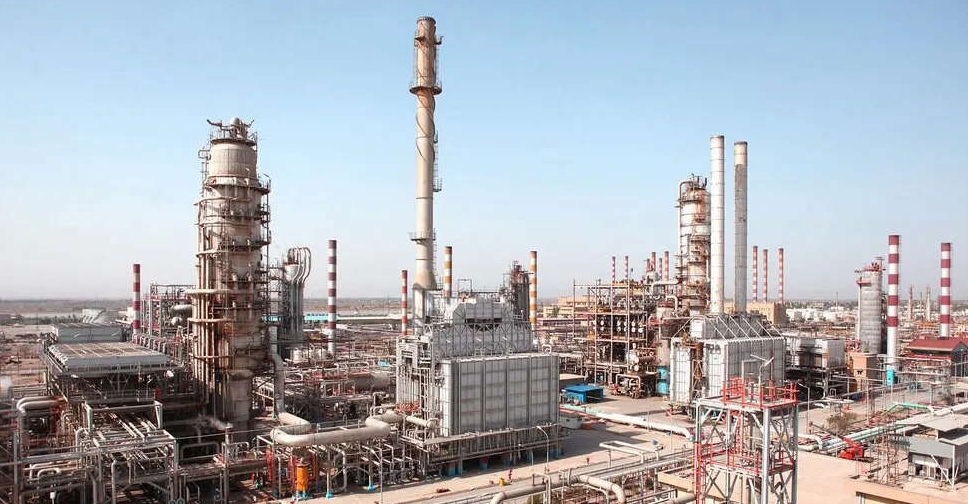
India will retain investment curbs on bordering nations, the finance minister said, days after it struck a pact with China on patrols along their disputed Himalayan frontier, with the leaders of both countries expected to meet on Wednesday.
The deal paves the way to end a four-year military stand-off and improve political and business ties between the Asian giants, strained since a deadly border clash in 2020 that slowed exchanges of capital, technology and talent.
"I cannot blindly receive foreign direct investment (FDI) because I want money for investment, forgetful or unmindful of where it is coming from," Minister of Corporate Affairs of India, Nirmala Sitharaman, told a gathering at the Wharton business school in the United States on Tuesday.
The comments, which blunt hopes for a swift easing of trade curbs, came ahead of the expected meeting of Prime Minister Narendra Modi and China's President Xi Jinping, on the sidelines of a summit of BRICS nations in Russia.
"We want business, we want investment, but we also need some safeguards, because India is located in a neighbourhood which is very, very sensitive," Sitharaman added.
The place of origin of some investments could spark the concern of authorities, rather than the identities of investors, she said.
"So such restrictions will be in place in the national interest."
The dispute between the world's two most populous countries led to stagnation in ties at a time of exploding demand for electric vehicles, semiconductors and artificial intelligence, key growth areas offering opportunities for co-operation.
India stepped up vetting and security clearances in 2020 as part of its scrutiny of investments from companies based in neighbouring countries, but did not specifically mention any nations.
The step, widely seen as aimed at staving off takeovers and investments by Chinese firms, effectively turned away billions of dollars from the likes of carmakers BYD and Great Wall Motor, while red tape ensnarled Indian firms with Chinese stakeholders.
India's commercial ties with neighbours Afghanistan, Bangladesh, Bhutan, Myanmar, Nepal and Pakistan are dwarfed by those with China, its biggest source of goods and largest supplier of industrial products last year.
Indian imports of goods from China have surged 56 per cent since the 2020 clash, nearly doubling New Delhi's trade deficit with Beijing to $85 billion( AED 312 billion).



 Mubadala announces $600M investment in Nord Anglia Education
Mubadala announces $600M investment in Nord Anglia Education
 Shein, Temu to hike prices under pressure from Trump's trade policies
Shein, Temu to hike prices under pressure from Trump's trade policies
 US issues new sanctions targeting Chinese importers of Iranian oil
US issues new sanctions targeting Chinese importers of Iranian oil
 IATA: Aviation sector contributes $92 billion to UAE economy
IATA: Aviation sector contributes $92 billion to UAE economy
 Nvidia faces $5.5 billion charge as US restricts chip sales to China
Nvidia faces $5.5 billion charge as US restricts chip sales to China







